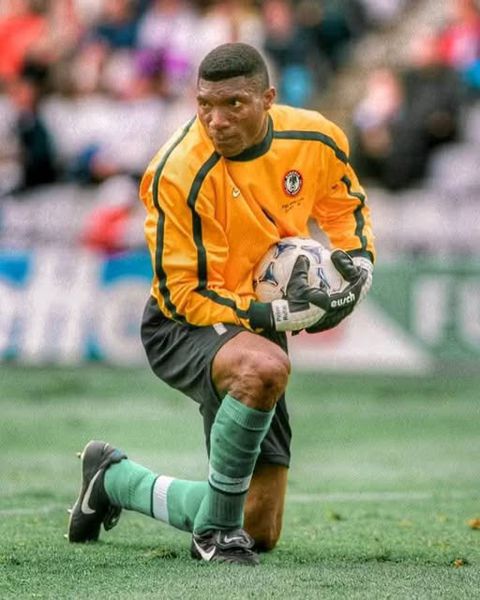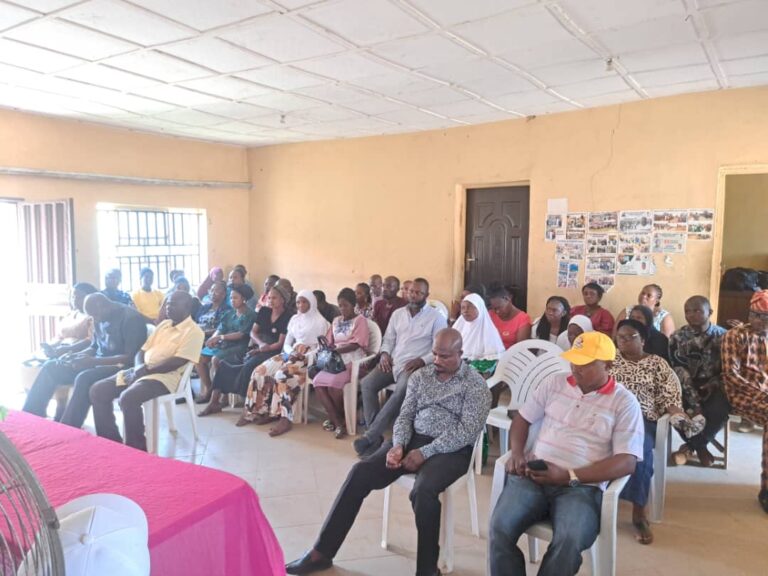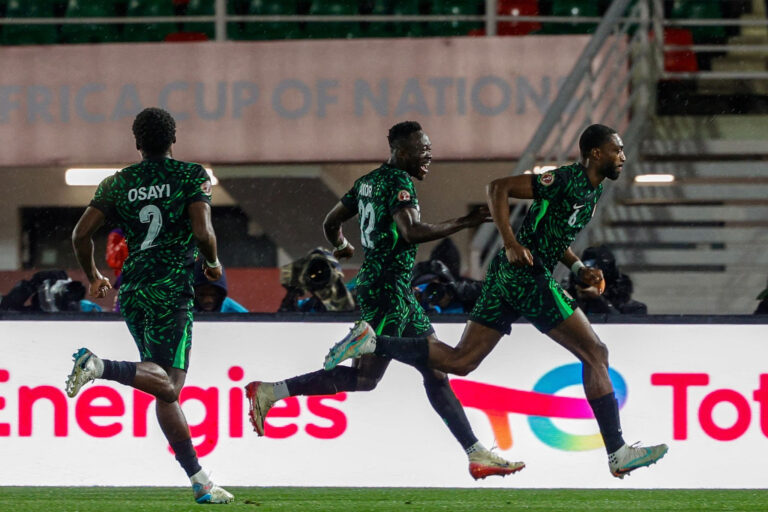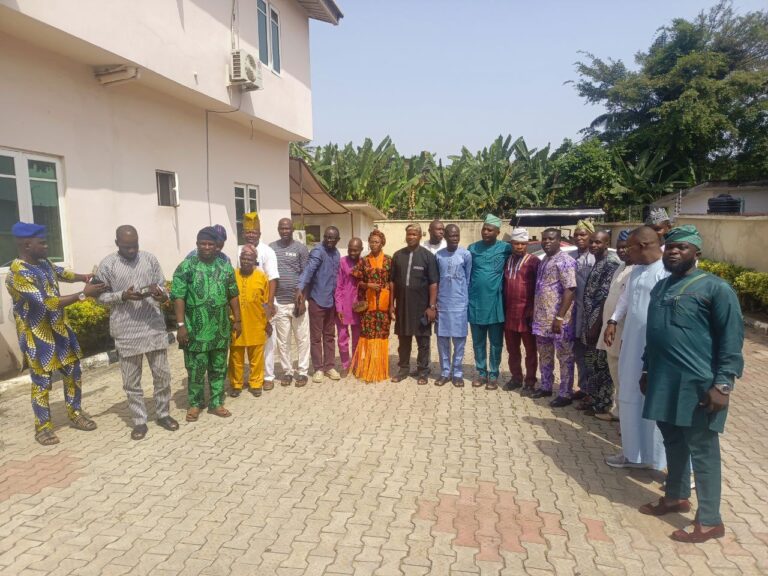
Nigeria’s football community is in deep mourning following the death of one of its most revered sports icons, Prince Peter Rufai, who passed away in the early hours of Thursday, July 3, 2025, at the age of 61.
Fondly known by fans across the globe as “Dodo Mayana,” the former Super Eagles goalkeeper left an indelible mark on Nigerian and African football. His family announced his passing in an official statement on Thursday, describing his death as an “irreplaceable loss” and a moment of profound grief for not only the Rufai family but also the entire nation.
“With total submission to the will of Almighty God, it is with a heavy heart that we announce the transition to glory of our father and brother, the legendary former Super Eagles goalkeeper, Prince Peter ‘Dodo Mayana’ Rufai.
He died at six o’clock in the morning on Thursday, 3rd of July, 2025, after a brief illness. He was 61 years old,” the statement read.
News of Rufai’s death sent shockwaves throughout the country, with tributes pouring in from all corners—former teammates, coaches, government officials, football fans, and global sports institutions expressing their condolences and sharing memories of the late footballer.
Despite the sudden nature of his death, the family expressed gratitude for the impactful life he lived—one that inspired a generation and elevated Nigerian football to international acclaim.
“Despite our shock and sadness at his rather sudden demise, we are indeed extremely grateful to God Almighty for the impactful life that He granted Prince Peter Rufai through a very successful football career that made him world-famous,” the family added.
Born into royalty, Prince Peter Rufai began his football journey in the late 1970s with Sharks Football Club of Port Harcourt, where his natural athleticism and goalkeeping prowess quickly drew attention. His ascent through the ranks was meteoric, eventually earning him a place in the national team—where he would make history.
Rufai was Nigeria’s first-choice goallkeeper during two historic FIFA World Cup tournaments: USA ’94 and France ’98. His performances earned him global recognition and established him as a symbol of consistency, leadership, and sportsmanship.
He played in four Africa Cup of Nations (AFCON) tournaments and was a key figure in Nigeria’s famous AFCON victory in Tunisia in 1994, considered one of the nation’s most iconic football achievements. Over the course of his international career, Rufai earned 66 caps for the Super Eagles and famously scored one goal, a rare achievement for a goalkeeper.
“From a humble beginning with Sharks Football Club of Port Harcourt in the late 1970s, he rose steadily through the ranks in the national team to become Nigeria’s first FIFA World Cup goalkeeper at USA ’94 and France ’98. He also featured at four Africa Cup of Nations (AFCON) finals and played a pivotal role in Nigeria’s victory at Tunisia ‘94,” the family’s statement continued.
Prince Peter Rufai’s football journey took him across continents. After beginning his career in Nigeria, he played professionally in Benin Republic, Belgium, the Netherlands, Portugal, and Spain, competing in top-tier leagues and earning admiration for his commanding presence between the posts.
In Spain, he had memorable stints with Deportivo La Coruña and Hércules CF, further cementing his legacy as one of Africa’s most successful football exports.
“Prince Peter Rufai also enjoyed a successful club career that took him from home in Nigeria to Benin Republic, Belgium, Netherlands, Portugal, and Spain,” the family noted.
Beyond Football: A Passion for Youth Development
After hanging up his gloves, Rufai returned home with a mission beyond the field. He founded Staruf Sports Development Limited, a grassroots initiative focused on discovering and nurturing young talents in Nigeria. His post-retirement years were marked by mentorship, community engagement, and sports advocacy.
He became a vocal supporter of youth empowerment and was actively involved in organizing training camps, school competitions, and outreach programmes designed to keep young people off the streets and engaged in productive sporting activities.
“He finally returned home to Nigeria after his retirement to set up Staruf Sports Development Limited, through which he got involved in grassroots sports and youth development. That was his full-time engagement until he was called home by his Lord.”
Tributes and National Reflection
Since his passing, tributes have flooded in from across Nigeria and the world. The Nigeria Football Federation (NFF) is expected to release an official statement and may consider a posthumous honour. Former teammates such as Jay-Jay Okocha, Daniel Amokachi, and Sunday Oliseh have already taken to social media to pay heartfelt tributes.
“The Rufai Family would like to thank all Nigerians at home and abroad who have been reaching out to us with condolence messages either directly or through the media since the news broke of Prince Peter Rufai’s death.
We thank everyone for your love and expression of sympathy. A formal announcement of the burial arrangements will be made in due course,” the statement concluded.
A Legacy of Excellence and Patriotism
Prince Peter Rufai will be remembered not just as a footballer, but as a patriot, mentor, and national hero. His career spanned more than two decades, during which he remained a model of professionalism and humility. He inspired countless young Nigerians to pursue sports as a career and showed that greatness can be achieved through discipline and determination.
He is survived by his wife, children, and extended family. As Nigeria mourns this colossal loss, his memory lives on in the hearts of fans, in the history of Nigerian football, and in the many young athletes he mentored.
A national farewell is anticipated in the coming days, as Nigerians prepare to honour one of their greatest sporting sons.








